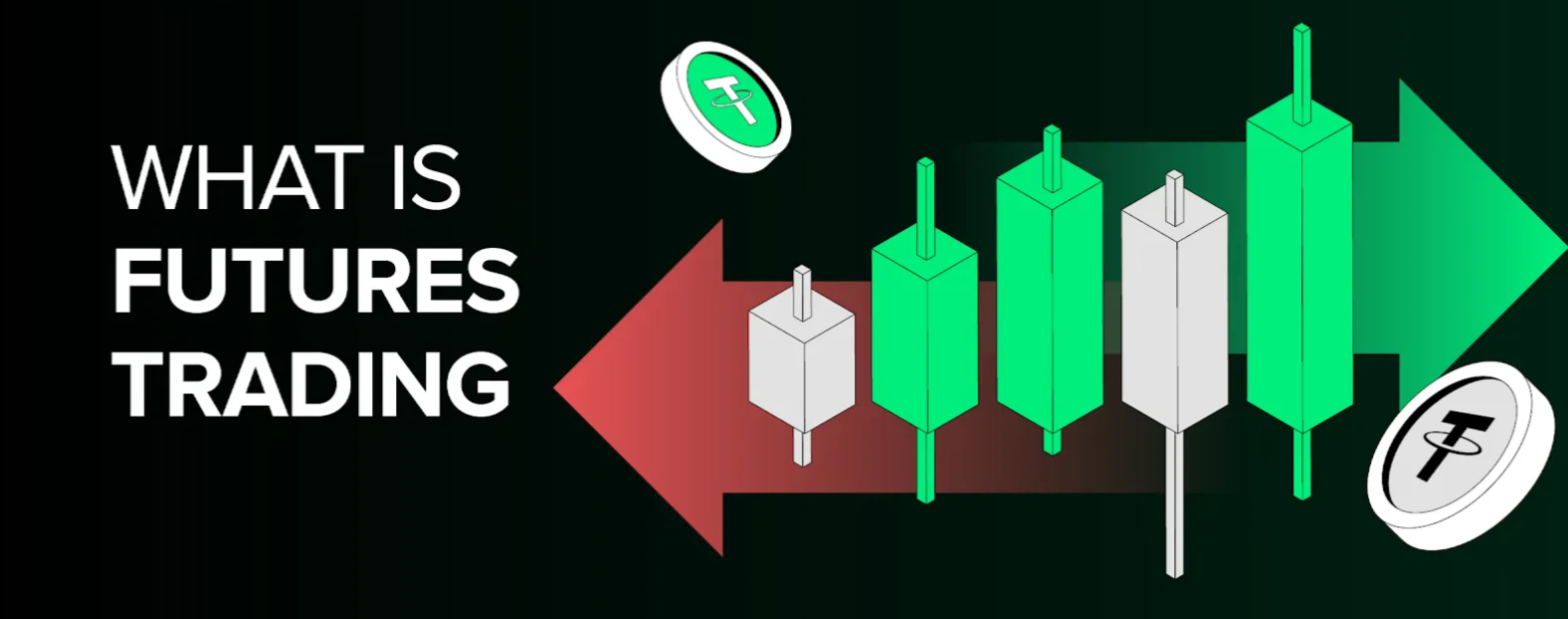



Futures are financial contracts that obligate the buyer to purchase an underlying asset, such as a commodity, currency, or stock index, at a predetermined price and date in the future. They are used as a tool for hedging against price fluctuations, speculating on market movements, and managing risk. Futures contracts are standardised and traded on regulated exchanges – known as the futures market – allowing for easy transfer of obligations between parties.
Futures investments are like a high-speed race in which traders try to predict the future movements of a commodity, stock, or index and make a profit. It is like driving a car at a high velocity where you need to have quick reflexes and make split-second decisions based on the road ahead. Just like a race, futures trading is not for the faint-hearted; it involves high risks and requires expertise and knowledge.
To elaborate on ‘what is futures trading’, it is a game of probabilities where traders analyse market trends, study economic indicators, and use technical analysis to make informed decisions about buying and selling futures contracts.
The goal of futures investments is to generate a profit by buying low and selling high or selling high and buying low. But the markets are volatile and can change rapidly, so traders need to be prepared for the unexpected and be able to adjust their strategies accordingly.
Therefore, futures trading is a fast-paced game that requires traders to have nerves of steel
and the ability to make quick decisions based on analysis and expertise. It’s a world full of risks, rewards, and uncertainties. Thus, constant adaptation and evolution are vital for
success.
Futures work by allowing investors to lock in a price for an asset that they expect to buy or sell in the future. The buyer of a futures contract agrees to purchase the underlying asset at a predetermined price (the ‘strike price’) on a specified future date, while the seller of the contract agrees to deliver the asset at the strike price.
It is imperative to know the working of the futures market along with what is futures trading. The futures market works by allowing traders to buy and sell contracts for the purchase or sale of a particular commodity or financial instrument at a predetermined price and date in the future. These contracts are traded on organized exchanges, such as the Multi Commodity Exchange (MCX) and Intercontinental Exchange (ICE).
There are two types of futures traders – hedgers and speculators. Let’s take a look at each type:
Hedgers are usually wholesalers, retailers, manufacturers or companies that use futures contracts to secure themselves against future price volatility. Hedging is suitable for investors who want to physically own or require the commodity. Therefore, hedgers are risk averse in nature and aim for protection against price risk. In hedging, there is negligible profit potential. The only upside is that the hedgers might reduce the risk associated with price fluctuations.
A speculator is an experienced investors who does not actually seek to own the underlying asset. Rather, they enter the market seeking profits by offsetting rising and declining prices. This is achieved through buying and selling of contracts. Thus, speculators are risk-takers who want to maximise their profits by leveraging the volatility in prices. In addition, speculators are seasoned traders who are well versed with technical analysis and fundamental analysis. Speculation has immense profit potential but is also associated with an equally big potential losses.
Futures contracts is an agreement between two parties to buy or sell an asset at a predetermined price and date in the future.
In futures trading, buyers and sellers enter into a contract called a futures contract. The contract specifies the quantity, quality, and delivery date of the underlying asset. The parties agree on a price, and the trade is executed through a regulated exchange.
Futures trading carries risks such as market volatility, leverage magnifying losses, counterparty risk, and the potential for unexpected events affecting the market.
To start futures trading in India, you need to open a trading account with a registered broker. You should complete the necessary documentation, provide required identification, and fulfil the account funding requirements. Once your account is set up, you can place orders for futures contracts through the broker's trading platform.
Futures contracts are available on various assets, including commodities (such as gold, crude oil, and agricultural products), equity indices (like Nifty 50), currencies, and interest rates. However, the availability of specific futures contracts may vary depending on the exchange and broker.
Futures trading is subject to income tax, where profits are treated as business income and taxed at the applicable income tax slab rates. Expenses can be deducted, and losses can be set off against speculative gains. Transaction taxes like STT and CTT may also apply.